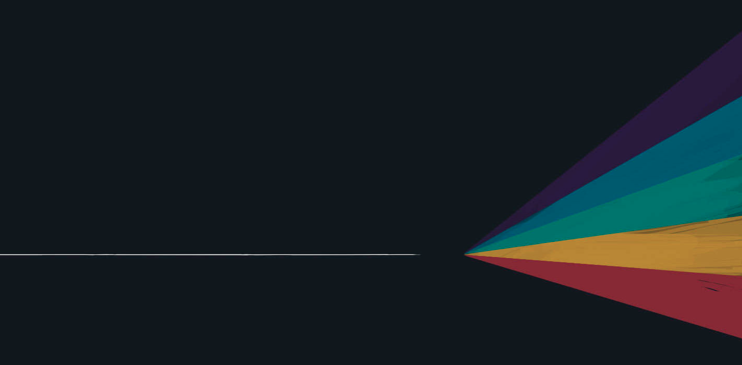Digital utopias for the year 2040
Alexander von Humboldt Institute for Internet and Society launches new publication "twentyforty" - utopias for a digital society
Berlin, 8 April 2020 – What will our digital society look like in 2040? How will we live and love, how will we teach and work, and how will our legal system change? Researchers from 10 countries took a look into the future as part of the “twentyforty” project. The Alexander von Humboldt Institute for Internet and Society (HIIG) is now publishing the results in an anthology and at twentyforty.hiig.de. The e-book is also available there on an open access basis.
The anthology’s authors engage with the question of what our everyday lives will look like in the year 2040 in various thematic areas: “Live”, “Love”, “Learn”, “Work” and “Rule”. For instance, in his essay “Academic Complexity”, Dirk Baecker, a sociologist at Witten/Herdecke University, describes the utopia of a new type of university that anticipates complexity. Mark Graham, a geographer from the Oxford Internet Institute, develops the idea of a post-capitalist platform society in his short story “Platform Socialism”. In her children’s story, Claire Bessant describes a divided society of privacy haves and privacy have-nots.
Free space for new thinking and knowledge transfer
The twentyforty project has set itself the task of thinking laterally outside of the conventions of scholarly work, looking to the future and testing the use of literary forms for academic research. This has given rise to knowledge-based projections of the future, written, among other things, as short stories, email dialogues and plays.
“Scientists are used to constructing meaning from the past or analysing the present. In our project, we have created a space for them to think and work on their own research topics in a completely new way”, explains Dr. Benedikt Fecher, initiator of the twentyforty project and head of the Knowledge & Society research programme at HIIG.
The researchers have thus taken a step beyond academic papers and jargon and made an unconventional contribution to knowledge transfer.
Project website: twentyforty.hiig.de
tanja.zagel@hiig.de

